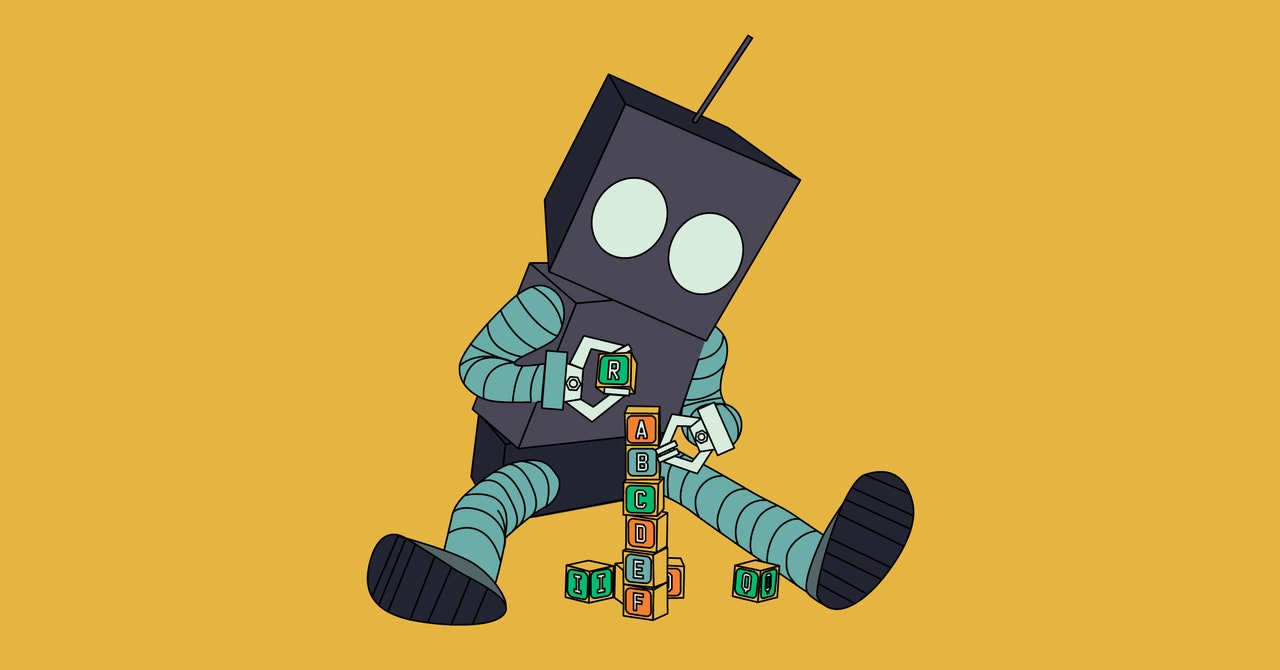Elizabeth Spelke, a cognitive psychologist at Harvard, has spent her career testing the world’s most sophisticated learning system—the mind of a baby.
Gurgling infants might seem like no match for artificial intelligence. They are terrible at labeling images, hopeless at mining text, and awful at videogames. Then again, babies can do things beyond the reach of any AI. By just a few months old, they’ve begun to grasp the foundations of language, such as grammar. They’ve started to understand how the physical world works, how to adapt to unfamiliar situations.
Yet even experts like Spelke don’t understand precisely how babies—or adults, for that matter—learn. That gap points to a puzzle at the heart of modern artificial intelligence: We’re not sure what to aim for.
Consider one of the most impressive examples of AI, AlphaZero, a program that plays board games with superhuman skill. After playing thousands of games against itself at hyperspeed, and learning from winning positions, AlphaZero independently discovered several famous chess strategies and even invented new ones. It certainly seems like a machine eclipsing human cognitive abilities. But

